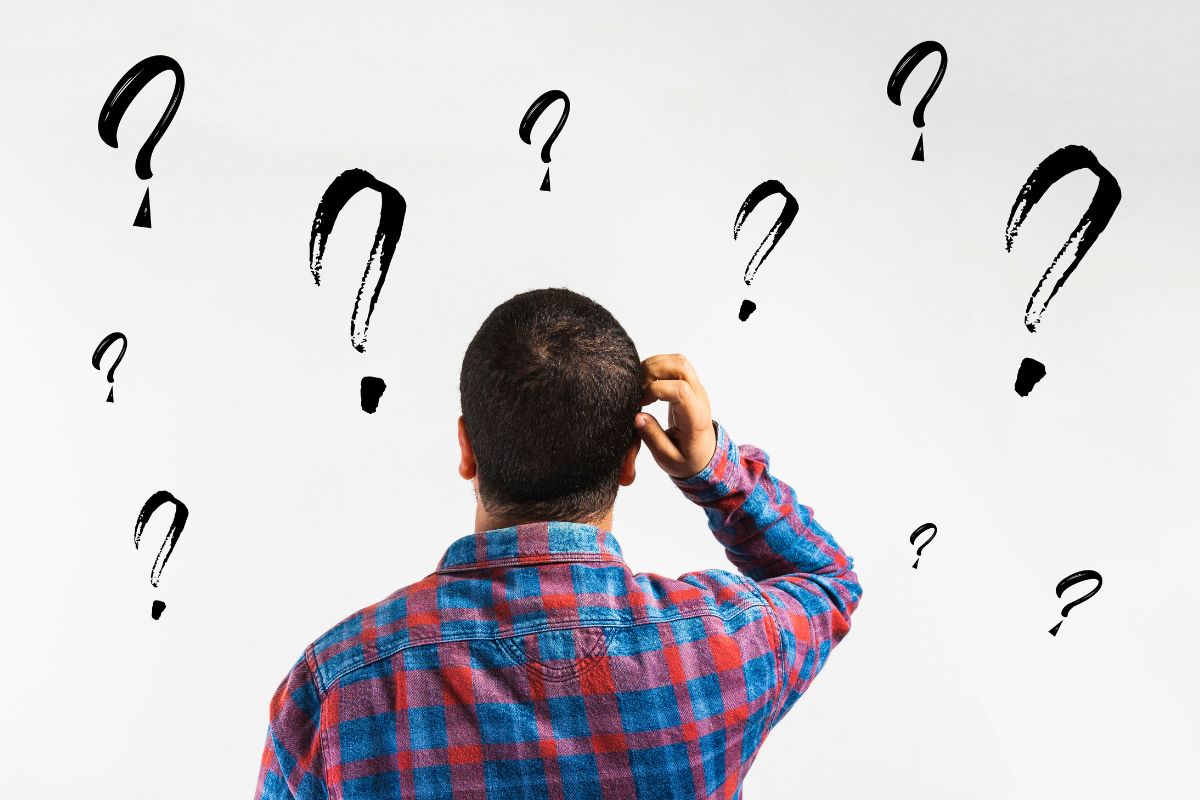
Meditation offers profound insights into human psychology, allowing for a shift in self-perception, improved reactions to life’s challenges, and the foundation for wiser choices and decisions, akin to repeated exposure to a fine piece of art that unveils deeper understanding and appreciation over time.
This is a question I’ve been asked. It is a question I have asked myself.
Over the years I’ve heard various answers to the question, some convincing, some not so. A good answer came recently in an unexpected place.
For context, I am in the middle of reading a great practical guide on stress management called the Relaxation and Stress Reduction Workbook. It is an ever-expanding (currently in 7th edition) collection of stress management and relaxation strategies and it covers a lot of territory: mindfulness, self-compassion, breathing, body, scan, relaxation, acceptance, defusion hypnosis and many more.
Their meditation chapter is brief and to the point. It is focused on getting you start with some basic meditation exercises.
But the piece of the chapter I really liked was found in their brief background/introduction section.
Although not explicitly answering the question of ‘why meditate?’ I think they ended up providing one of the best answers.

They start with a very brief description of a basic meditation:
- Meditator picks a fixed object upon which to focus their attention (e.g. mantra, breath, sounds)
- Meditator finds a comfortable position, typically seated and still, and attempts to focus their attention to the exclusion of all other things on that fixed object
- The nature of mind means that it doesn’t want to stay concentrated and many thoughts, feelings, sensations, impulses arise that seek to interfere with the meditator’s focus
- At some point the meditator realises their attention has wandered and they bring it back to the original object of focus
- They repeat this process for as long as they choose to meditate

What they then go on to say is that if a person repeats this process on a regular basis, a number of surprising and psychologically helpful realisations occur [taken directly from the book]…
➡ It is impossible to worry, fear, or hate when your mind is thinking about something other than the object of these emotions.
➡ It isn’t necessary to think about everything that pops into your head. You have the ability to choose which thoughts you will think about.
➡ The seemingly diverse contents of your mind really can fit into a few simple categories: grudging thoughts, fearful thoughts, angry thoughts, wanting thoughts, planning thoughts, memories, and so on.
➡ You act in certain ways because you have certain thoughts that over your lifetime have become habitual. Habitual patterns of thought and perception will begin to lose their influence over your life once you become aware of them.
➡ Emotions, aside from the thoughts and pictures in your mind, consist entirely of physical sensations in your body.
➡ Even the strongest emotion will become manageable if you concentrate on the sensations in your body and not the content of the thought that produced the emotion.
➡ Thoughts and emotions are not permanent. They pass into and out of your body and mind. They need not leave a trace.
➡ When you are awake to what is happening right now and open to what is, the extreme highs and extreme lows of your emotional response to life will disappear. You will live life
with equanimity.

These insights (and more) are available from the experience of meditation, but I think its aided if you meditate with the support of one of the many apps available, where teachers on those apps can point you specifically to some of these experiences. A good free starting point is Smiling Mind or this free course.
The accumulation of these insights over time shift how you see yourself, others and the world. They shift how you react to the challenges of life. They provide a basis for wiser choices and decisions.
Thus, an answer to the question of ‘why meditate?’ is that doing so provides a great context to learn many useful insights into human (and your) psychology.
I was trying to think of an analogy to capture the same idea. The best I came up with (thus far) was the appreciation of a fine piece of art. We can look at it once and be impressed. We look at it a second time and new details stand out. If we visit that piece of art repeated times, sometimes with a guide to point out specific aspects, we will end up with an incredibly rich and detailed understanding and appreciation of that piece of art. Along the way there will be times that we feel sick of looking at it, other times when it really resonates. But over the long run, repeated exposures will provide us a much greater depth of understanding and appreciation of the history and meaning of that piece.
For those of you that have a meditation practice, what has it taught you?

